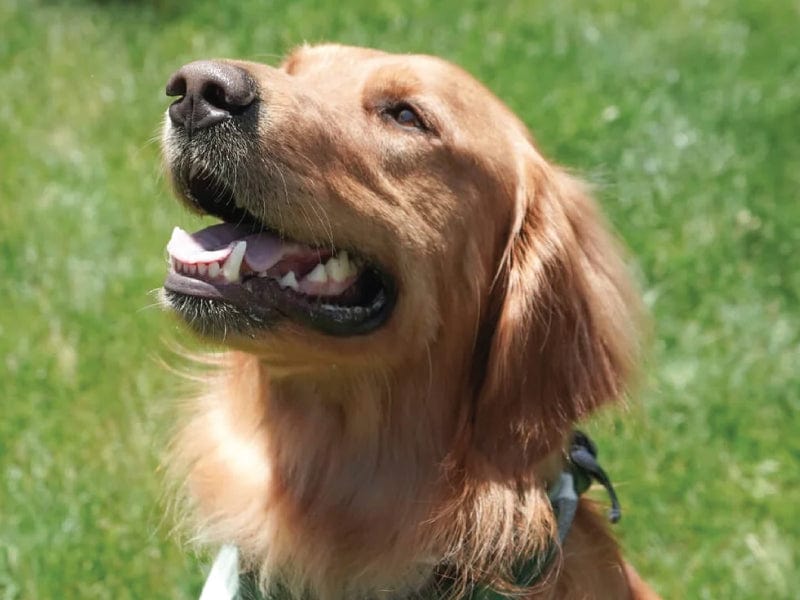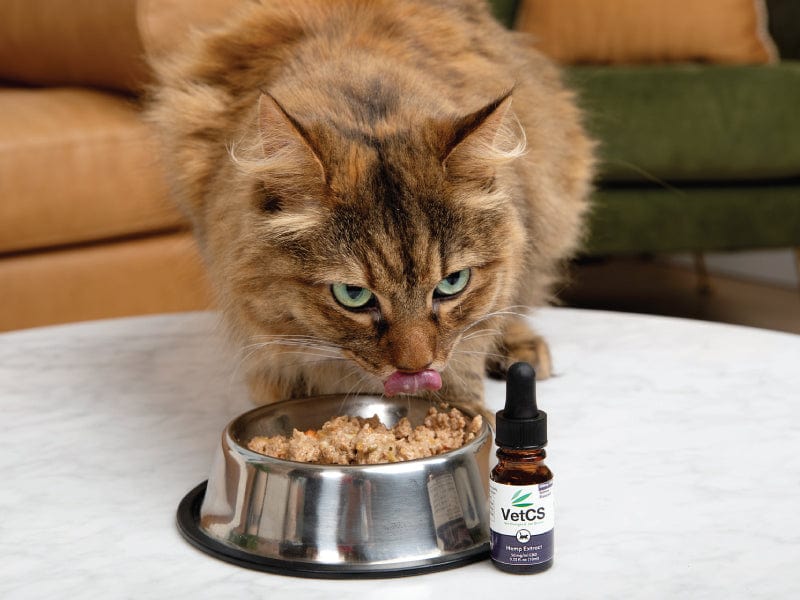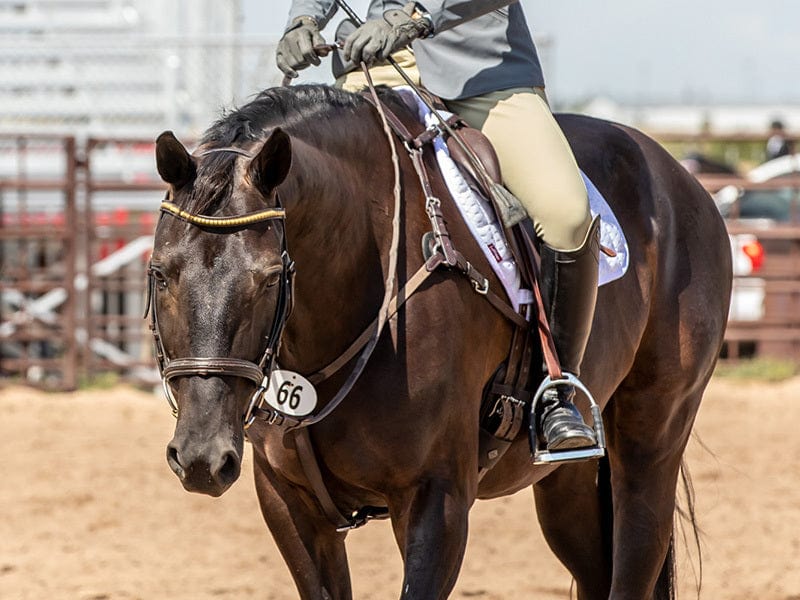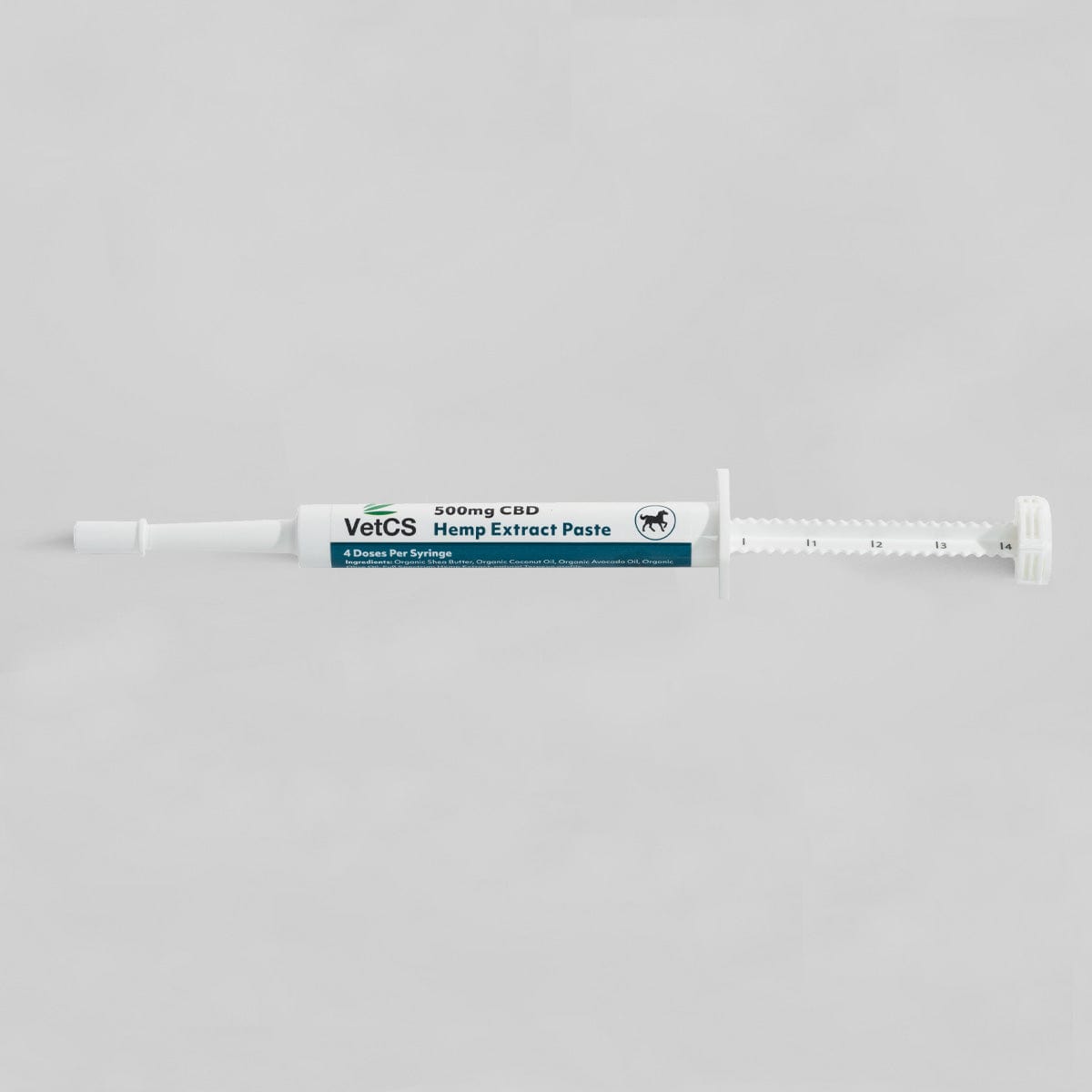
For many dogs, car rides can be an anxiety-inducing experience, leading to stress and discomfort for both pets and their owners. Whether it's a trip to the veterinarian or a family road trip, helping your dog overcome car ride anxiety is essential for their well-being and safety.
Understanding Car Ride Anxiety in Dogs
Car ride anxiety can manifest in various ways, such as excessive panting, drooling, restlessness, whining, or even vomiting. Dogs may associate car rides with negative experiences, fear of unfamiliar environments, or motion sickness. Identifying the root cause of their anxiety is the first step toward finding a solution.
- Gradual Exposure: Start by making short car trips around the block, gradually increasing the distance and duration to desensitize your dog to the car's movements. Associate car rides with positive experiences by offering treats, toys, or their favorite blanket during the journey.
- Music and Calming Aids: Playing soothing music or using calming aids, such as pheromone sprays or anxiety wraps, can help ease your dog's stress during car rides. CBD is also a great option to take the edge off their anxiety and help them remain more calm. It can be administered about 45 minutes before any car ride training to help give them a positive experience and be more malleable to the training process. We love the Advanced calming formula from VetCS for dogs that may need extra support.
- Comfort and Familiarity: Create a cozy and familiar environment in the car by using a comfortable crate, dog seat belt, or a blanket they love. Familiar scents and objects can provide a sense of security during the ride.
- Positive Reinforcement: Praise and reward your dog for calm behavior during car rides. Positive reinforcement will reinforce their association between car rides and positive experiences, reducing anxiety over time. Consider seeking assistance from a professional dog trainer, such as Rachel at A Good Feeling Dog Training, for personalized coaching.
- Counter-Conditioning: If your dog already has negative associations with car rides, counter-conditioning can help change their perception. Associate car rides with something they enjoy, such as a visit to the park/hike or a favorite playtime activity.
- Desensitization: Expose your dog to the car without actually going for a ride. Let them sniff around, sit inside, and reward them for staying calm. Gradually progress to turning the engine on, but not moving, and then finally short trips.
- Familiarize with Car Safety: Ensure your dog is safely restrained during car rides to prevent any accidents. Use dog seat belts or crates that are properly secured. A safe and comfortable environment can alleviate anxiety.
- Consult Your Veterinarian: Discussing your dog's car ride anxiety with your veterinarian is always helpful. They can talk through all the available options and solutions, ensuring there are no other underlying health issues contributing to the anxiety.
Car ride anxiety in dogs can be distressing for both pets and their owners, but with patience, understanding, and the right approach, it can usually be overcome. Remember that every dog is unique, and the key is to go at their pace, never forcing them into stressful situations. With gradual exposure, positive reinforcement, and a safe, comfortable environment, you can help your dog enjoy car rides and make travel a pleasant experience for everyone involved. So, gear up for your next adventure with your happy and anxiety-free pup!












